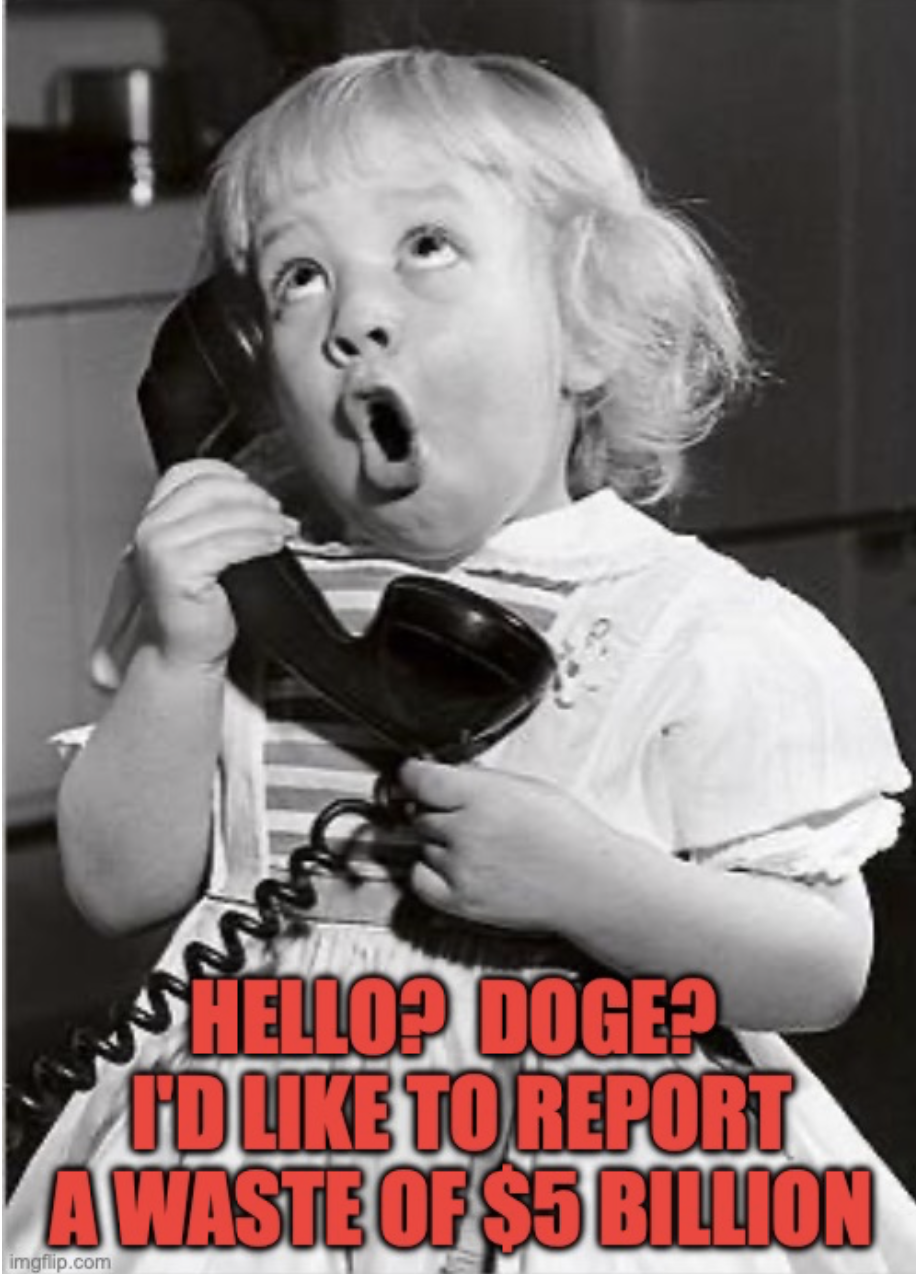“In the waning, chaotic days of the Biden Administration — when the former president’s mental decline had grown to such a severe state that we now know he was not actually running his own White House and often signed documents without even knowing what they contained — left-wing bureaucrats seized the opportunity to advance their radical ‘green agenda,'” said Attorney General Bailey. “In the shadows of this confusion, far-left deep staters advanced a $4.9 billion green energy federal loan guarantee boondoggle to bankroll the Grain Belt Express (GBE), one of the most egregious abuses of taxpayer dollars in recent memory.”
The first paragraph of the Executive Summary states that in order to qualify for a loan, the project must be eligible under Section 1703 of Title XVII (the Clean Energy Financing Program), which defines eligible projects as those that, “avoid, reduce, or sequester air pollutants or anthropogenic emissions of greenhouse gases [GHGs]; and employ new or significantly improved technologies as compared to commercial technologies in service in the United States at the time the guarantee is issued” (Public Law [P.L.] 109-58, Section 1703(a)).
The DEIS makes this presumption: “The Project could also help reduce overall GHG emissions by allowing new renewable energy projects to access the electric grid, potentially leading to the replacement of existing fossil-fuel power plants, while providing additional power to expanding renewable energy markets.” (Table 3.1.1). Coulda, woulda, shoulda. This is a wish list that is not backed up by facts. The DEIS does not name or study the projects that could use Grain Belt Express to access the electric grid and the DEIS determines they are not reasonably foreseeable actions and therefore are not included in the cumulative effects analysis. (Sec. 4.3.2.2).
Here’s the bottom line. Without signed legal contracts with generators, it cannot be presumed that Grain Belt Express will transmit renewable energy from wind or solar generators. Under its Negotiated Rate Authority from the Federal Energy Regulatory Commission (FERC), Grain Belt Express may negotiate contracts with customers who will pay the company to use its transmission capacity, either generators or load serving entities.
Grain Belt Express has not made a compliance filing demonstrating to FERC that is has signed contracts with any generators, in Kansas or elsewhere, therefore any generator may negotiate a future contract, including those that use fossil fuels. It is just as likely that a new or existing gas- or coal-fired generator may sign a contract as a new solar or wind generator. Grain Belt Express may not discriminate against generation types when negotiating contracts and cannot evaluate connection requests using generation source as a factor. All sources of generation must be allowed to negotiate contracts under open access transmission rules.
Because potential generators have not signed contracts with Grain Belt Express, it simply cannot be determined that Grain Belt Express will reduce greenhouse gases as required to qualify for the loan. Furthermore, without signed contracts with generators, Grain Belt Express is just a transmission line. Transmission lines, by themselves, do not reduce greenhouse gases. A transmission line that is not connected to a generation source is just like an extension cord that isn’t plugged into anything. Grain Belt Express does not reduce greenhouse gases and therefore it is not eligible for the proposed loan.
Why is the federal government backstopping this investment risk for private investors to the tune of $4.9B? Merchant transmission projects can only put risk on their investors, not captive electric consumers, therefore why are the captive American taxpayers suddenly shouldering the risk of this project? It's too risky for any captive group, whether it's electric consumers or taxpayers, and that explains why it is a speculative venture of voluntary investors. If it doesn't provide any benefits for consumers, then it's not our responsibility to pay for it. It's strictly a for-profit speculation for private investors.
As we know, the U.S. Department of Energy hasn't done such a great job vetting speculative ventures in the past. One of the most famous may be Solyndra, who presented fake contracts to back up its DOE loan and then couldn't produce any revenue to repay. The taxpayers ended up giving Solyndra $500M in monopoly money to build a factory that never produced a single thing.
News Flash!!! Grain Belt Express does not have enough signed contracts to make its project financially viable. The DOE should not be gambling on this historically unsuccessful project to the tune of $4.9B!
And why did the DOE Loans Program Office give GBE a "conditional" approval right after the November election? Obviously GBE had not completed the required steps to be out right approved, so why was "conditional" approval necessary? And why is that even a thing in the first place? It's either approved, or it's not. Conditional approval doesn't mean a thing, especially when applied in a baldly political context. Grain Belt Express is not ready for a taxpayer backed loan and its prospects for repaying are slim to none.
Grain Belt Express must be DOGEd.

 RSS Feed
RSS Feed